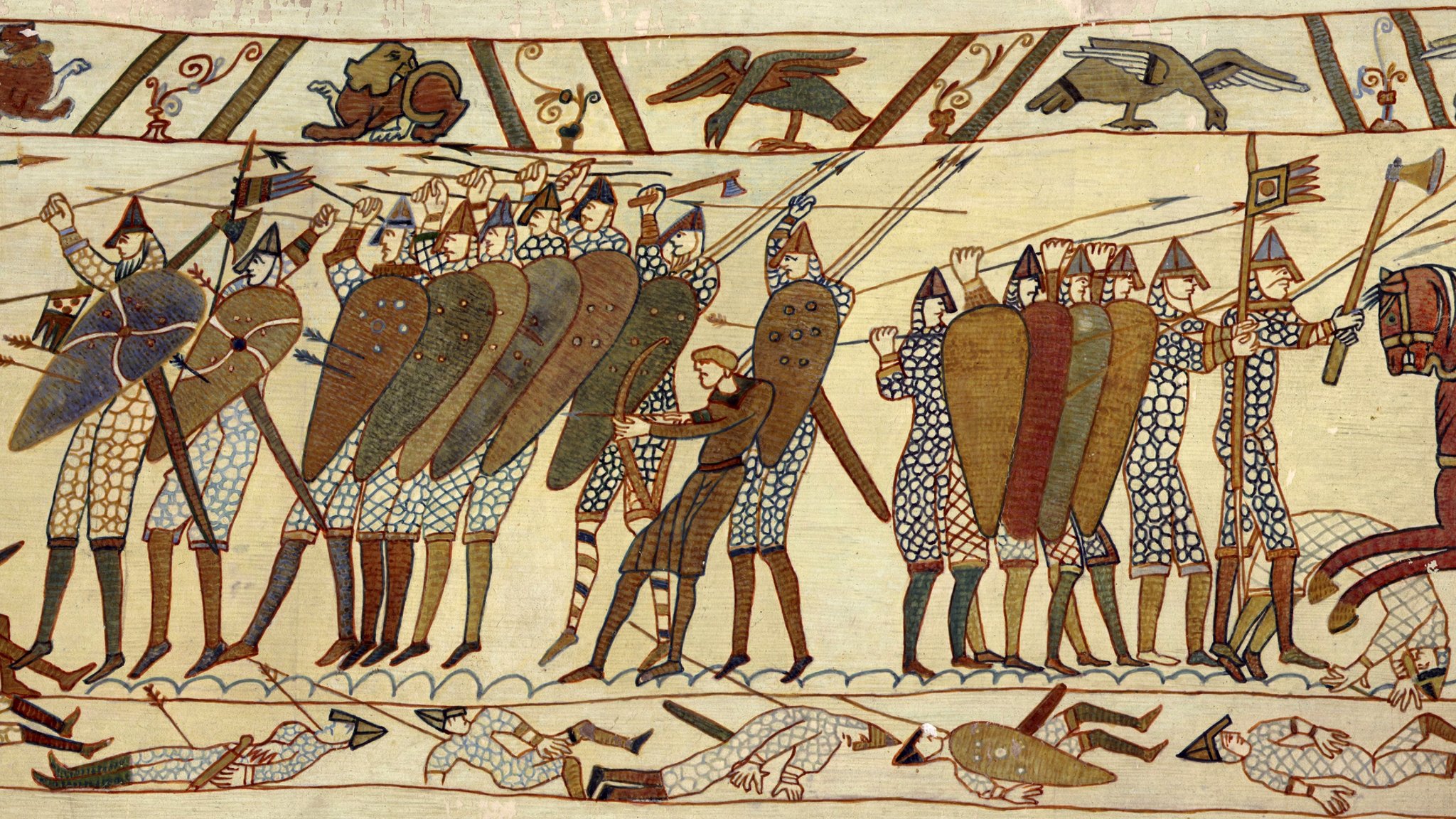Battle of Hastings,Norman Conquest,William the Conqueror,Anglo-Saxon forces,King Harold II,Norman invasion,Medieval England
Introduction:
The Battle of Hastings stands as a pivotal moment in history, forever altering the course of England and Europe. Fought on October 14, 1066, it pitted the Norman invaders, led by William the Conqueror, against the Anglo-Saxon forces, under King Harold II. This epic clash not only decided the fate of the English throne but also heralded the beginning of a new era in English history. Join us as we delve into the intricacies of this historic battle and its enduring legacy.
Setting the Stage:
- Provide a brief overview of the political landscape in England leading up to the Battle of Hastings.
- Discuss the death of Edward the Confessor and the ensuing struggle for succession between Harold Godwinson and William of Normandy.
- Highlight the significance of Harold’s ascension to the throne and William’s claim to the English crown.
Prelude to Conflict
- Explore the events leading up to the Battle of Hastings, including Harold’s oath of allegiance to William and the disputed succession.
- Examine the military preparations undertaken by both sides, including troop mobilization, fortifications, and strategic maneuvers.
The Battle Unfolds:
- Provide a detailed account of the Battle of Hastings, from the initial clash between the Norman and Anglo-Saxon forces to the decisive moments that determined the outcome.
- Highlight key tactics employed by both sides, such as the Norman cavalry charge and the Anglo-Saxon shield wall.
The Aftermath:
- Discuss the aftermath of the Battle of Hastings, including Harold’s death and William’s coronation as King of England.
- Explore the immediate consequences of the Norman conquest, such as the establishment of Norman rule and the restructuring of English society.
Legacy and Impact:
- Examine the long-term impact of the Battle of Hastings on English history and culture.
- Discuss how the Norman conquest reshaped English institutions, language, and social norms.
- Highlight the enduring significance of the battle in popular culture, literature, and historical scholarship.
Conclusion:
The Battle of Hastings stands as a defining moment in English history, marking the beginning of Norman rule and the end of Anglo-Saxon dominance. Its impact reverberates through the centuries, shaping the course of English culture, society, and politics. By unraveling the epic saga of this historic battle, we gain a deeper understanding of the forces that shaped the modern world.

